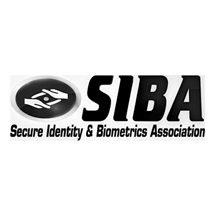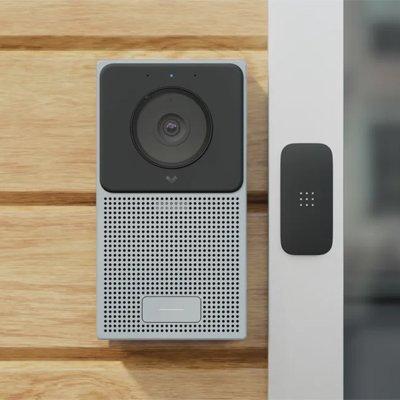 |
| SIBA applauds balance that the Administration and Congress are trying to strike between enhancing security and benefits |
The Secure Identity & Biometrics Association (SIBA), a U.S. advocacy leader on identity management policy and practice, offered comments on recent security enhancements proposed for the Visa Waiver Program (VWP).
The Administration and Congress are examining ways to increase the security of the VWP, which allows more than 20 million visitors from 38 different countries to enter the United States each year without undergoing an interview and biometrics enrollment at a designated U.S. consulate. The attacks in Paris by nationals of France and Belgium, which both participate in the VWP, have united concerns that terrorist fighters could take advantage of visa-free travel to the U.S.
The Schengen Area, which allowed borderless travel across the European Union, was effectively created in 1985. The VWP was created by the U.S. Congress in 1986. That was 30 years ago. "These government initiatives were conceived in a different era, and while security measures have incrementally improved, we are now facing new border security challenges with the rise of ISIL, which has recruited thousands of foreign fighters from countries that participate in the VWP. The refugee crisis in the EU and the Levant, which has contributed to a large market for fraudulent passports, is also a new identity management challenge," remarked Michael Dougherty, SIBA’s Chief Executive Officer.
Visa-free travel
The Administration announced on Monday, November 30, that the Department of Homeland Security would assess the collection and use of biometrics for VWP travelers as part of the Electronic System for Travel Authorisation process. The following day, a bipartisan Senate bill was introduced to address VWP security issues, such as excluding people with a history of recent travel to Syria or Iraq from participating in the VWP; requiring VWP travelers to submit fingerprint and photo biometrics; and eliminating the use of non-electronic passports in the VWP. A House bill on the VWP is anticipated this week, that parallels the Senate bill in major respects. It recommends that the International Civil Aviation Organisation (ICAO) issue standards for the introduction of electronic passports containing "biographic and biometric information that can be used to authenticate the identity of travelers through an embedded chip."
"In order to preserve the benefits of visa-free travel, which is worth billions of dollars to our economy," Dougherty continued, "the U.S. will need to further adapt and strengthen the VWP. As a policy and best practice advocacy association, SIBA applauds the balance that the Administration and Congress are trying to strike between enhancing security and the benefits that follow from business and tourist travel to the U.S."
Electronic passports
There is tremendous latent potential in electronic passports that can be explored. The chips in e-passports can be configured to store multiple modes of biometric data including iris, facial and fingerprint images. “It is very interesting to look at what ICAO is planning for its next optional standard for e-passports in 2016,” commented Dougherty, “which would allow government authorities to actually write to the chip as the passport is used, so that visas and travel stamps would be electronically included on the passport.” This capability of recording usage on the chip could help border authorities determine whether the traveler had visited a country or region of conflict that raises concerns, in addition to preventing fraud and the use of loss or stolen passports. The end state should be a fully-automated reading of the passport, as well as secure data-sharing of the passport’s authentication history, to facilitate the process of vetting VWP travelers.



















